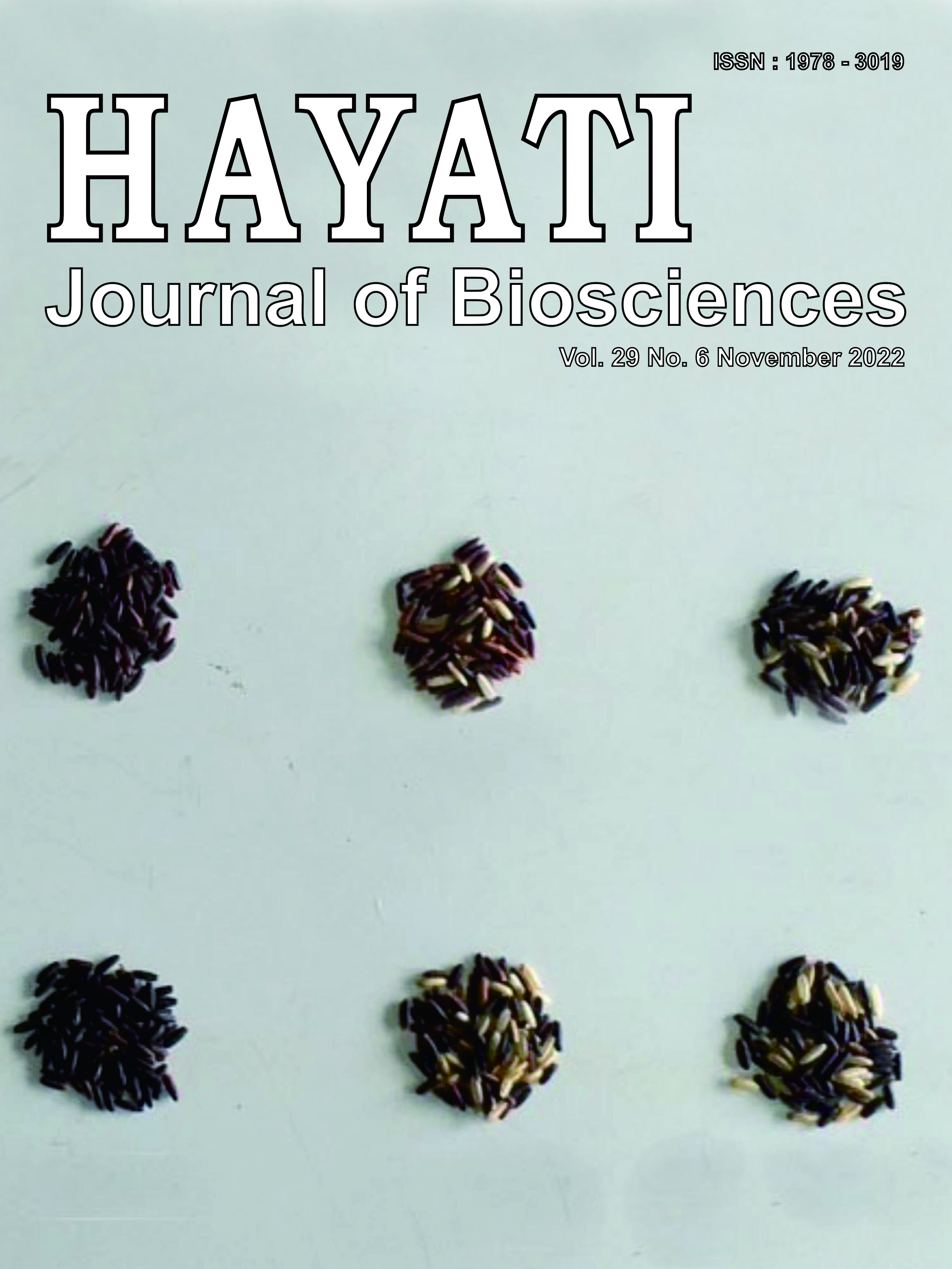Epstein-Barr Virus and Malaria Interactions: Immunology Perspective
Abstract
Epstein-Barr Virus can cause various diseases, from acute inflammatory diseases such as fatal or chronic EBV infection, infectious mononucleosis as well as lymphoid and epithelial cancer, various autoimmune diseases, and also could interact with malaria. As EBV infects 95% of the world population, and more than 30% are infected with the protozoan parasite, with more than 500,000 deaths due to malaria cases. It is important to understand how EBV dysregulates the immune system, especially when the virus is interacting with other pathogens such as malaria parasites, causing more severe conditions in certain people like Burkitt Lymphoma. This review will be informative about the mechanism of how EBV interacts with malaria parasites and how it affects the immune system. Knowledge of various cytokines triggering the immune system which may provide links to control/minimize malaria disease severity.
Downloads
Copyright (c) 2022 Insani Budiningsih, Jaap M. Middeldorp, Yoes Prijatna Dachlan, Usman Hadi

This work is licensed under a Creative Commons Attribution-NonCommercial 4.0 International License.
HAYATI J Biosci is an open access journal and the article's license is CC-BY-NC. This license lets others distribute, remix, tweak, and build upon author's work, as long as they credit the original creation. Authors retain copyright and grant the journal/publisher non exclusive publishing rights with the work simultaneously licensed under a https://creativecommons.org/


















.png) IPB University
IPB University Department of Biology
Department of Biology The Indonesian Biological Society
The Indonesian Biological Society 

